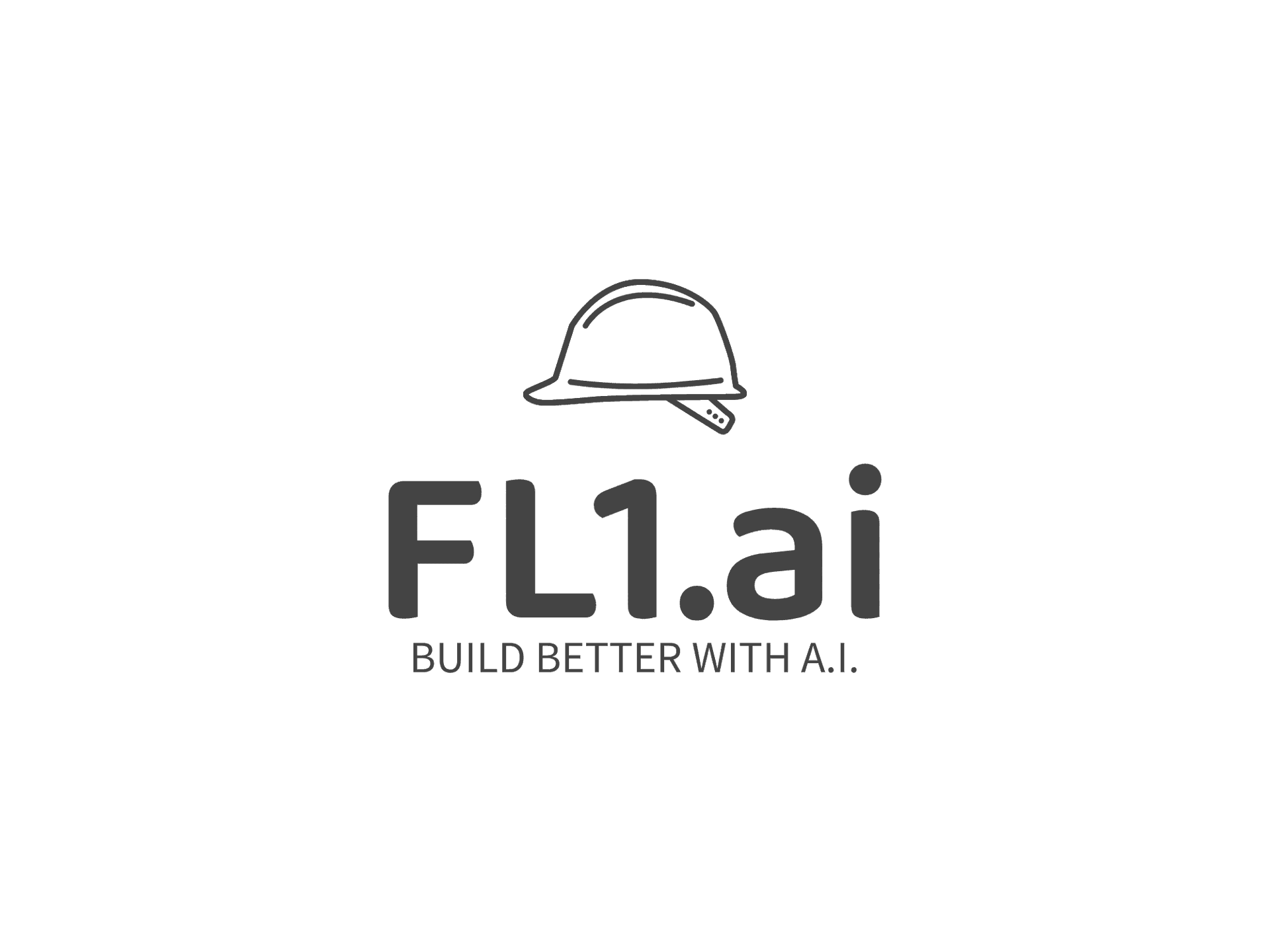AI in Resource Management: How It Transforms Construction Projects
Introduction to AI in Construction Resource Management
In recent years, artificial intelligence (AI) has become a transformative force across numerous industries, and construction is no exception. The integration of AI in resource management within construction projects is revolutionizing the way these projects are planned, executed, and completed. By leveraging advanced algorithms and machine learning, companies can optimize resources, reduce waste, and enhance overall efficiency.

The Role of AI in Resource Optimization
One of the most significant contributions of AI in construction is its ability to optimize resource allocation. AI systems can analyze vast amounts of data to predict the necessary materials, workforce, and equipment required for a project. This predictive capability helps project managers allocate resources more effectively, ensuring that there is neither a surplus nor a shortage.
Furthermore, AI can assist in scheduling tasks and managing workflows, which minimizes downtime and maximizes productivity. By assessing past project data, AI can recommend the most efficient sequences for construction activities, leading to faster project completion times.
Enhancing Safety and Compliance
Safety is a paramount concern in construction projects. AI technologies can improve safety by identifying potential hazards before they occur. Through the use of sensors and real-time data analysis, AI can monitor site conditions and alert teams to dangerous situations. This proactive approach not only helps in safeguarding workers but also ensures compliance with safety regulations.

Moreover, AI can assist in maintaining compliance with local and international building codes. By analyzing project plans and ongoing construction activities, AI systems can flag any deviations from regulatory standards, enabling timely corrections.
Reducing Costs and Increasing Efficiency
Another significant advantage of incorporating AI into construction resource management is cost reduction. By optimizing resource allocation and streamlining processes, AI helps in minimizing unnecessary expenses. This efficiency translates into substantial cost savings over the project's lifecycle.
AI-driven solutions also enable better inventory management, where materials are ordered just-in-time based on predictive analytics. This approach reduces storage costs and ensures that materials are available precisely when needed, without delays.

Improving Communication and Collaboration
Effective communication and collaboration are crucial for the success of any construction project. AI tools facilitate better communication among stakeholders by providing real-time updates and insights into project progress. These tools can integrate seamlessly with existing project management software, ensuring that everyone involved is on the same page.
By fostering transparency and enhancing collaboration, AI helps reduce misunderstandings and conflicts, leading to smoother project execution. This improved collaboration across teams can significantly impact the quality and timeliness of project delivery.
The Future of AI in Construction
The potential of AI in transforming construction projects is immense. As technology continues to evolve, we can expect even more sophisticated AI-driven solutions that will further enhance resource management capabilities. The adoption of AI in construction is not just a trend; it represents a fundamental shift towards more intelligent, efficient, and sustainable building practices.
In conclusion, the integration of AI in resource management is paving the way for a new era in construction. By optimizing resources, enhancing safety, reducing costs, and improving communication, AI is reshaping how construction projects are managed and delivered. The future holds exciting possibilities as AI continues to drive innovation in the industry.
